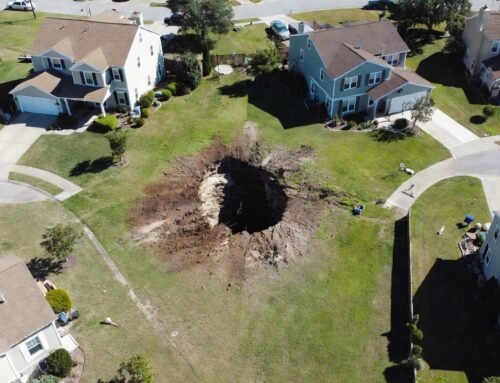August 10, 2025 | Mark Luis Foster
My Lakeville HOA has private streets and cul de sacs, which of course means that our residents pay regular property taxes to the city while also paying extra to maintain the asphalt and curb and gutter within our own property. Given all that extra expense, it makes sense to limit the speed at which residents and others can drive. Such limitations are designed not only for safety, but to reduce the wear and tear on the roads over time. But of course, compliance is voluntary and even our own residents are seen speeding well above the 20 MPH limit that we’ve set.
Now comes news that some HOAs are employing a fairly controversial technique, speed cameras, to control active violators. The Florida Bradenton Herald reports that a local HOA in that state now issues fines using license-plate-reading cameras for anyone engaged in warp drive operations through their property. According to the reporter:
Now private HOAs are getting in on the action, installing these same cameras in their neighborhoods to catch infractions on tape — shifting what were long considered police functions into the hands of private citizens and blurring the lines between public and private responsibilities.
I can only imagine the reaction of those residents who get a speeding ticket from their HOA. While there’s a mitigation period, it is certainly must add an interesting dynamic, not to mention a higher workload, for the board:
Like a speeding ticket from authorities, fines from HOA cameras require a 14-day notice and a hearing before a neutral committee, in this case a homeowner’s board, which must decide by majority vote if the fine is justified and notify the driver within seven days.
Must make for interesting board meetings.
Apparently the fine limits are held to $100. And unlike a ticket from the police, failing to pay a fine has no affect on a motorist’s license, nor does it “jeopardize their legal ability to drive in any way or impact or insurance rates.”
The use of this technology raises all kinds of issues, not to mention privacy and accountability. A Sarasota attorney sums it up:
“A lot of it comes down to liability,” Sarasota HOA attorney Scott Petersen said. “What happens if a car is going too fast and hits somebody? The HOA would be liable. To show they’re taking steps and doing something, a lot are turning to this technology.” But even Petersen said that, while it may be legal, it might not always be justified for the drivers. He especially understands the growing privacy concerns — and cited how his own HOA where he lives uses a license plate reader to track everyone who is coming and going.
Read the entire thing HERE.





